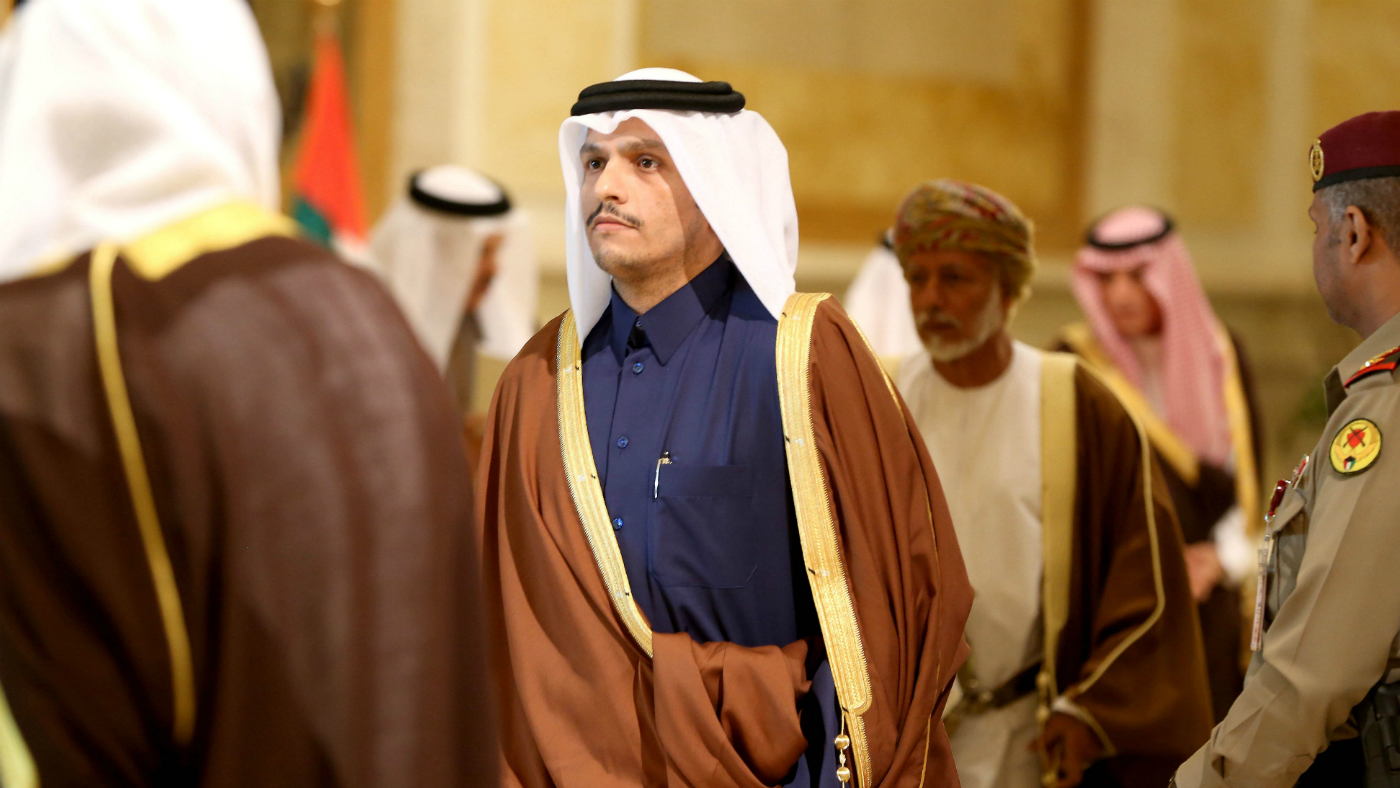Gulf summit seeks to resolve Qatar crisis
The diplomatic dispute has dragged on for six months with no sign of compromise from either side

A free daily email with the biggest news stories of the day – and the best features from TheWeek.com
You are now subscribed
Your newsletter sign-up was successful
Arab foreign ministers are gathering for a regional summit in Kuwait today, their first such encounter since the Qatar crisis started six months ago.
The dispute, which began when Saudi Arabia, the UAE, Bahrain and Egypt cut diplomatic and travel ties with Qatar in June, is expected to dominate the Gulf Cooperation Council (GCC) summit.
The Saudi-led bloc accuses Doha of supporting Islamist extremists and of being too close to its regional rival Iran, allegations Qatar has always strongly denied.
The Week
Escape your echo chamber. Get the facts behind the news, plus analysis from multiple perspectives.

Sign up for The Week's Free Newsletters
From our morning news briefing to a weekly Good News Newsletter, get the best of The Week delivered directly to your inbox.
From our morning news briefing to a weekly Good News Newsletter, get the best of The Week delivered directly to your inbox.
There has been speculation the Saudi-led bloc would seek to push Qatar out of the six-nation GCC either through suspension or expulsion, but no such action has yet been taken.
Doha has confirmed its participation in the summit, a sign it won’t leave the GCC voluntarily, Jocelyn Sage Mitchell, a political science professor at Northwestern University in Qatar, told Al Jazeera. “That would be seen as provocative and would worsen a delicate situation,” she said.
Kuwait has long sought to mediate the dispute, “sending its 88-year-old emir shuttling between the countries involved,” the Associated Press reports. But so far, neither side has appeared willing to resolve the worst crisis to hit the regional bloc in decades.
Few analysts are optimistic about a deal being reached this week. “The crisis is too deep and very complicated... I don’t think it will be resolved during the summit,” independent Kuwaiti political analyst Saleh al-Saeedi told AFP. “But I think Kuwait hopes to at least freeze the dispute.”
A free daily email with the biggest news stories of the day – and the best features from TheWeek.com
However, others are hopeful that Qatar's presence at the summit will at the very least be “a step towards renewed dialogue,” Reuters reports.
If the dispute isn’t resolved, then both parties will have little choice but to resort to “other options such as approaching the international court and the tedious process that it involves,” warned Dhafer al-Ajmi, executive director of the Gulf Monitoring Group.